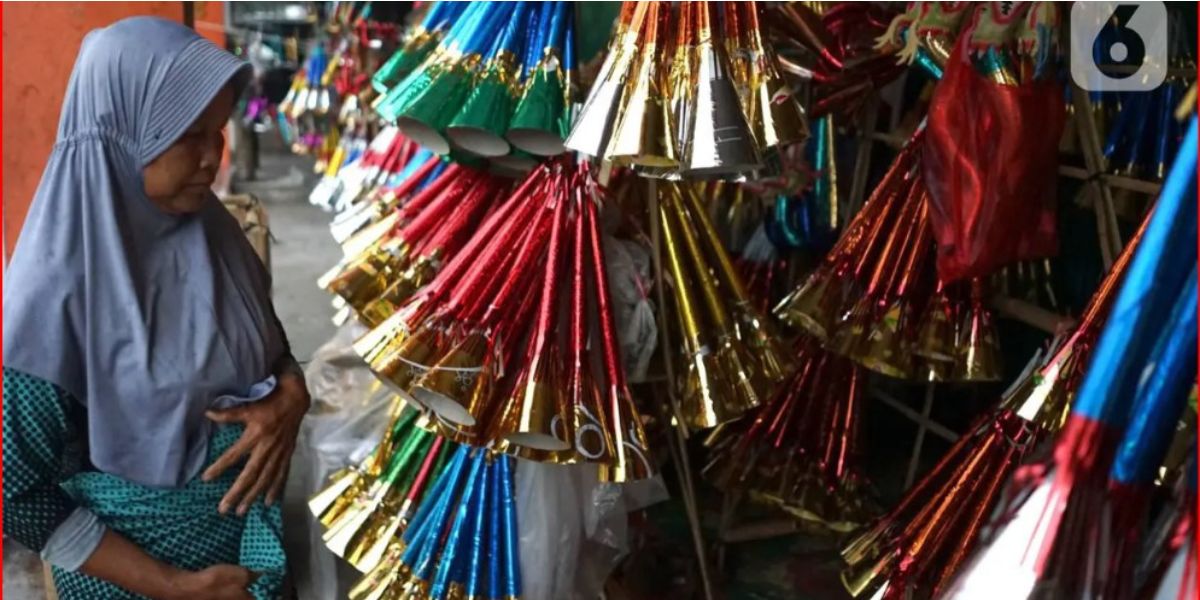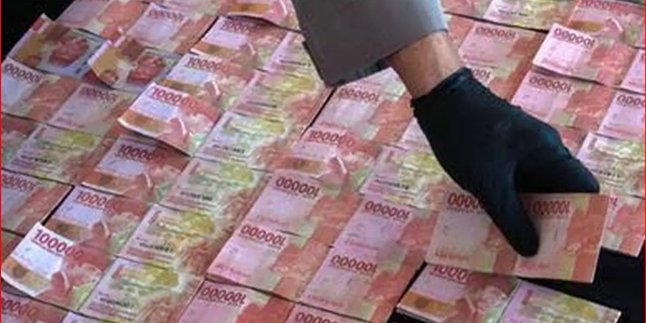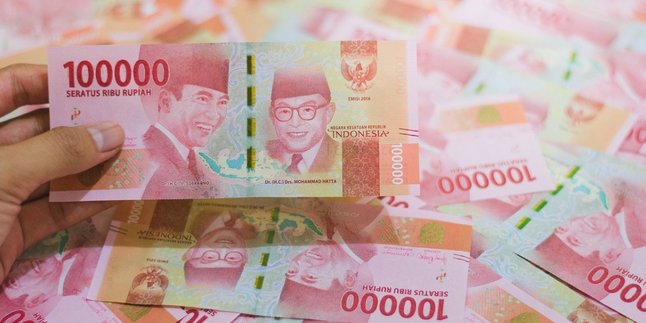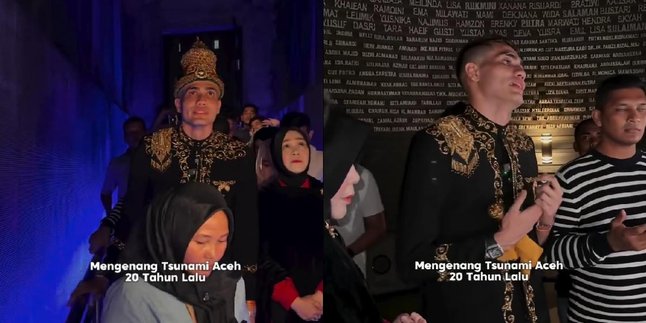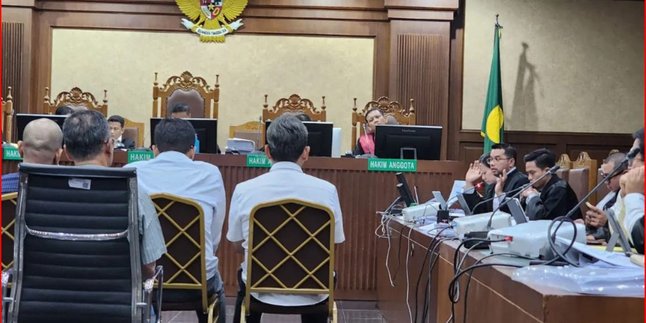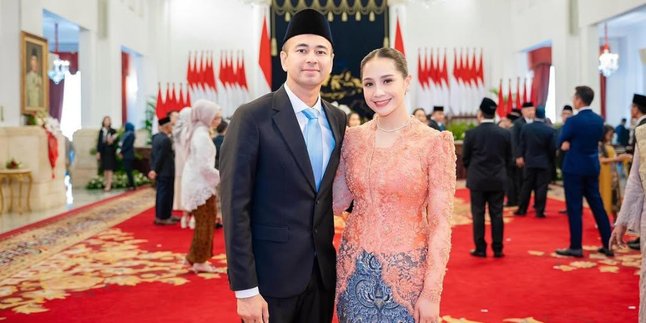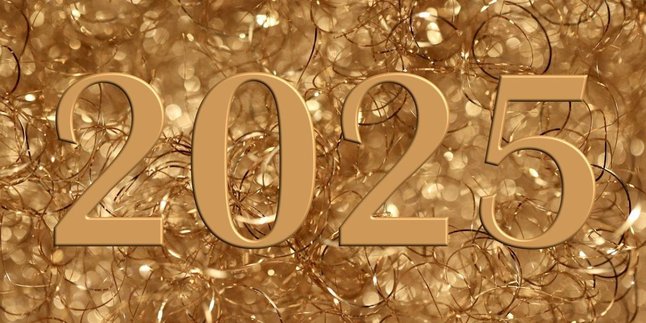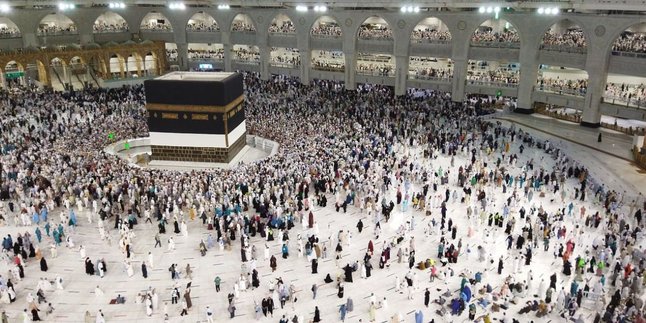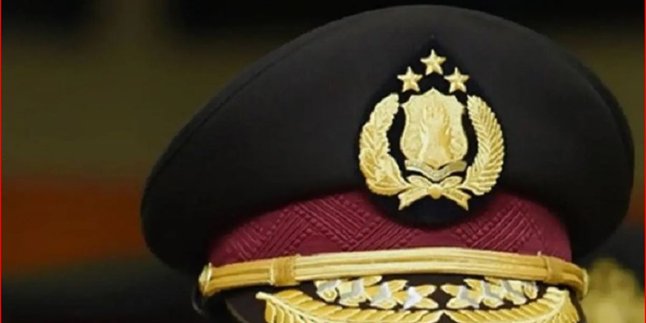Kapanlagi.com - The New Year's celebration is always filled with various lively traditions, one of which is blowing trumpets. This activity has become a symbol of the festive welcome to the new year. However, for some Muslims, this tradition raises questions about its legality from a religious perspective.
Islam teaches its followers to be wise in practicing traditions, especially those that do not have a basis in religious teachings. Blowing trumpets, although seemingly simple, actually sparks debate as it is considered similar to the customs of other cultures that may contradict Islamic law.
So, what is the actual ruling on blowing trumpets in Islam? Is it merely a habit, or does it have a deeper impact on faith and worship? This article will thoroughly explore the views of scholars as well as relevant arguments to provide clarity. Let's delve into it together!
1. The History of the Tradition of Blowing Trumpets on New Year's Eve
Blowing trumpets on New Year's Eve has become a deeply rooted tradition in Western culture, representing an expression of joy without any connection to religious aspects.
From an Islamic perspective, there is no historical evidence showing that the Prophet Muhammad SAW or his companions celebrated the turn of the year in this way, so this tradition is considered not based on Sharia and more as an influence of foreign culture.
Therefore, many scholars encourage Muslims to be cautious not to get caught up in habits that are not in line with Islamic teachings, especially if they could potentially violate Sharia or resemble the practices of other religions.
2. Islamic Law Regarding Blowing Trumpets
The Indonesian Ulema Council (MUI) provides an interesting perspective on the tradition of blowing trumpets on New Year's Eve, considering it a practice of doubt—meaning, its legality is unclear. Referring to the hadith of the Prophet Muhammad SAW, MUI emphasizes that spending money on things that are not beneficial, such as buying trumpets, could be considered makruh.
However, if this tradition is done repeatedly and emphasizes elements of wastefulness, then its ruling could shift to a more serious one, which is haram.
3. Scholars' Perspective: Tradition or Worship?
Buya Yahya provides an interesting explanation regarding blowing the trumpet, which is essentially permissible as long as it is not accompanied by the intention to imitate the culture of other religions.
He emphasizes the importance of maintaining identity as Muslims, while reminding that blowing the trumpet is merely a human habit that is not problematic if done wisely. However, he also cautions that if the tradition originates from a culture that is not in line with Islamic values, then Muslims should avoid it.
With this approach, Buya Yahya invites all of us to be wise in choosing traditions that align with Sharia, without forgetting the spirit of tolerance and mutual respect among one another.
4. Evidence Regarding Imitating Other Groups
A hadith states, "Whoever imitates a group is one of them," serves as a strong basis for rejecting practices that adopt non-Islamic cultures.
In this case, blowing the trumpet is considered a distinctive symbol of the Jews, which leads scholars to argue that the use of the trumpet, even in the context of worship, is not favored by the Prophet Muhammad (SAW).
5. The Importance of Tolerance and Mutual Respect
Although Islam has a clear view regarding certain traditions, Muslims are taught to build harmonious relationships with followers of other religions. Buya Yahya emphasizes that respecting the culture of others is at the core of Islamic teachings.
This is not a disregard for faith, but rather an effort to create harmony in social life. This principle is very important in strengthening tolerance, without having to sacrifice the noble values of Islam that we uphold firmly.
6. Is blowing a trumpet on New Year's Eve haram?
The legality of an action is greatly influenced by the intention and context behind it. If done without the intention to imitate another culture and remains within the limits of sharia, then the action is considered mubah or permissible. However, if there are elements of wastefulness or a clear attempt to resemble the culture of another religion, then its ruling could shift to makruh, or even fall into the category of haram.
7. Do all scholars agree on this ruling?
In the heated debate among scholars, there are two opposing views. Some scholars see this practice as a tradition that does not have negative impacts, while others believe that it contradicts the teachings of Sharia, as it is considered to resemble a culture that is not based on Islam.
8. How to welcome the new year in accordance with Sharia?
In the midst of the new year celebrations, Muslims are invited to fill this precious moment with meaningful activities, such as performing prayers, self-reflection, and improving the quality of worship.
(kpl/srr)
Disclaimer: This translation from Bahasa Indonesia to English has been generated by Artificial Intelligence.
